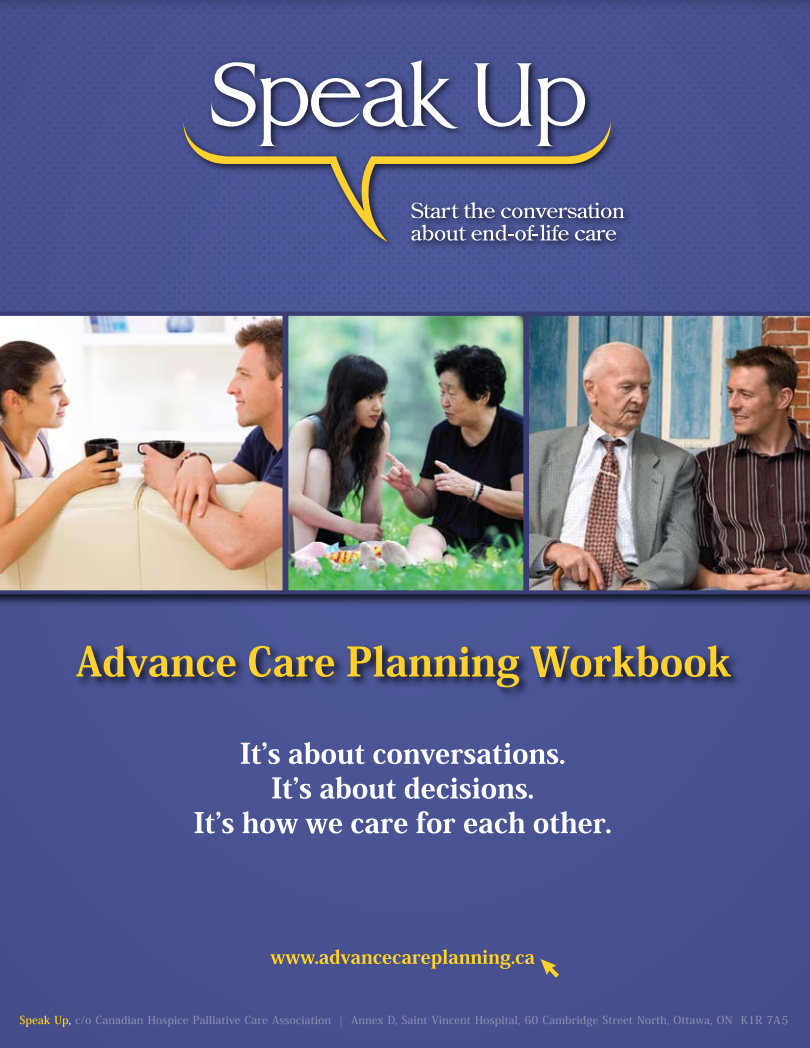April 16th is National Advance Care Planning Day in Canada
Planning for My Care part of Proud, Prepared & Protected is a FREE booklet focusing on care conversations 2SLGBTQ+ people and healthcare providers to start conversations about values, wishes and concerns to help identify who you would want to make decisions, your Substitute Decision Maker (SDM) on your behalf should you not be able to make decisions for yourself.
Access FREE via https://www.virtualhospice.ca/2SLGBTQ/media/igkp01nf/2slgbtq-planning-for-my-care.pdf
Many who are 2SLGBTQ+ have experienced or witnessed discrimination and ignorance in a healthcare setting. You may have received inappropriate care or, even worse, been denied care. Some healthcare workers are not aware of the challenges the 2SLGBTQ+ communities face.
This document, focusing on care conversations for Two-Spirit and Lesbian, Gay, Bisexual, Trans, Queer, and all sexual and gender-diverse people, is intended to help you think about what is important to you, concerns you might have, and who you would want to make decisions for you if a time comes when you can’t make decisions for yourself.
Consider giving a copy of this document to the important people in your life, and sharing this information with healthcare providers. Take it with you when you attend appointments, call 911, visit the emergency department, or access other healthcare services. If your province or territory has a process for documenting your wishes for care, ensure this information is included on those documents and kept in the same place.
Source: Canadian Virtual Hospice
ADDITIONAL RESOURCES:
For more information on advanced illness, advance care planning, palliative care, end-of-life care and grief, please visit:
Canadian Virtual Hospice www.virtualhospice.ca
Advance Care Planning Canada values a free, accessible and open shared knowledge amongst the community. The website provides you with all the necessary tools to inform yourself on the most recent advanced care planning updates and developments. For more information and FREE resources, visist: https://www.advancecareplanning.ca/










